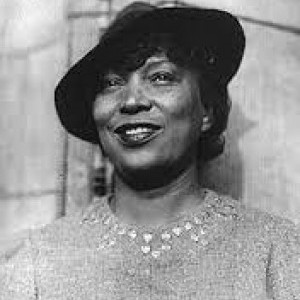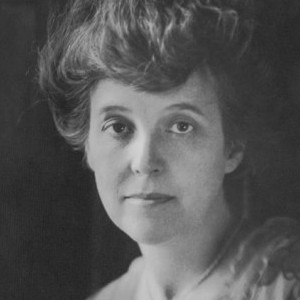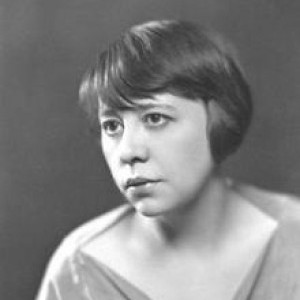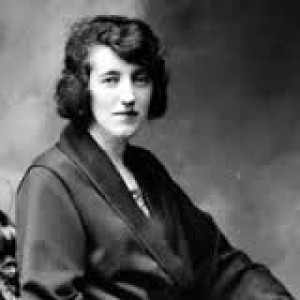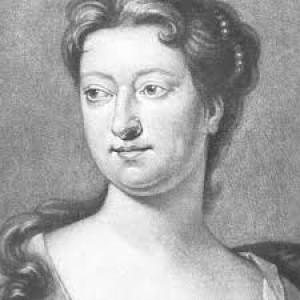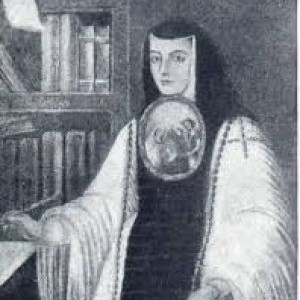The Women
About the Play
1937
December 26, 1936 at the Ethel Barrymore Theater in New York City
44 women (can be done with 35)
Comedy,
2 Acts
The Women is available on Amazon.com and through Dramatists Play Services or Samuel French, as well as other online sellers and bookstores, libraries, and universities.
Summary
Mary Haines lives happily with her husband, Stephen, until the malicious gossiping of her “friends” reveals that he has been unfaithful.
In a culture in which obedience and acceptance are admired and expected from women, Mary does not know how to act in response to this devastating news. Determined to pretend that nothing has changed until Stephen comes to his senses, she goes on vacation with her mother and hopes for the best. When she returns, an encounter with Stephen’s mistress and another terrible turn of the gossip wheel makes it much more difficult for Mary to maintain her silence. In this clever commentary on the female life in 1930s New York City, Mary, and many of the women surrounding her, must discover what it means to be a woman, how much power they have as females in their society, and at what cost they can exercise their “rights.”
Background
The Women premiered on Broadway at the end of 1936 to widespread success, eventually making its way across the ocean to an international audience in London, Germany, and beyond. Despite its controversial representation of high-society women--gossiping and fighting and trying to establish, maintain, or break up their marriages--it received audience and critical acclaim for its satire and wit. As Mary Maddock suggests, Luce’s play, written during the Great Depression, presents an examination of both high class and working class lives in a world where women are affected just as much as men by the capitalistic system--except that their economic security is a good husband as opposed to tangible finances.
The Women was made into a critically-acclaimed 1939 film starring Norma Shearer, Joan Crawford, Rosalind Russell. A musical version of the play, titled The Opposite Sex, premiered in 1956. In 2008, a modern adaptation was released as a film with Meg Ryan and directed, produced, and adapted by Diane English. Broadway saw a revival in 1973, Anne Bogart directed a somewhat-Brechtian interpretation in 1994 as part of her “personal search for our American roots,” and the play is still produced today.
While in 1936, The Women reflected a satirical view of contemporary society, even as it also commented on women’s roles and rights in the domestic and public spheres, more recent revivals must examine how to produce an interpretation that takes into account The Women’s historical view of gender equality and its implications in modern society.
Krebs, Albin. “Clare Boothe Luce Dies at 84: Playwright, Politician, Envoy.” The New York
Times: On this Day. The New York Times Company, 10 October 1987. Web. 3
July 2016.
Luce, Jim. “Fame: Spotlight on Super Woman Clare Boothe Luce.” The Huffington Post.
TheHuffingtonPost.com, Inc., 5 January 2015. Web. 3 July 2016.
Maddock, Mary. "Social Darwinism in the Powder Room: Clare Boothe's "the Women"." The
Journal of American Drama and Theatre 2.2 (1990): 81. ProQuest. Web. 3 July 2016.
Martin, Ralph G. Henry & Clare: An Intimate Portrait of the Luces. N.Y.: G.P. Putnam’s Sns.
1991.
Maslin, Janet. “‘Price of Fame,’ Biography of Clare Boothe Luce.” The New York Times. The
New York Times Company, 13 July 2014. Web. 3 July 2016.
Richards, David. “Review/Theatre: The Woman; Unorthodox View of Luce Classic.” The New
York Times. The New York Times Company, 13 January 1994. Web. 3 July 2016.
Shadegg, Stephen. Clare Boothe Luce. N.Y.: Simon and Schuster, 1970.
Sheed, Wilfrid. Clare Boothe Luce. N.Y.: Dutton, 1982.
Weintraub, Rodelle, and Luce Clare Boothe. "The Gift of Imagination. An Interview with Clare
Boothe Luce." The Shaw Review 17.1 (1974): 53-59. Web. 3 July 2016.
Scenes from the Play
The Women, Act 1, Jane and Maggie
… View Scene
The Women, Act 1, Mary and Crystal
(2 W)
Mary confronts Crystal, the woman with whom her husband is having an affair. The two argue. View Scene
The Women, Act 1, Mary and Mrs. Morehead
(2 W)
Mrs. Morehead advises her daughter, Mary, about what to do after the discovery that her husband is having an affair. View Scene
The Women, Act 2, Crystal and Little Mary
(2 W, one is a child)
Crystal talks to her lover on the phone in the bath when she is confronted by her young stepdaughter, who reveals the truth about… View Scene
The Women, Act 2, Mary and Little Mary
(2 W, one is a child)
Little Mary climbs into bed with her mother and accidentally reveals the truth about her father's unhappy marriage. View Scene
About the Playwright

Ann Clare Boothe was born on March 10, 1903 in New York City to a former dancer and a violinist. Years later--following in her parents’ artistic footsteps--she would become a world renowned playwright and author as well as a famed journalist, politician, diplomat, and women’s rights activist, one of the most iconic women and figures of the 20th century. As a child, she attended numerous schools and then briefly a theatre school for children. She married millionaire George Tuttle Brokaw in 192…
View Profile
Join & ParticipateTell Us Your Experience



